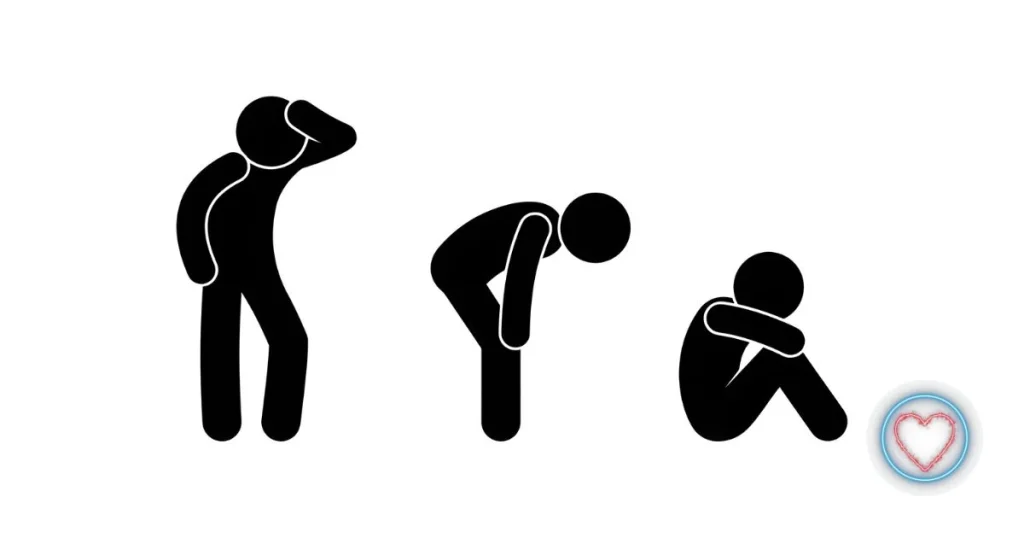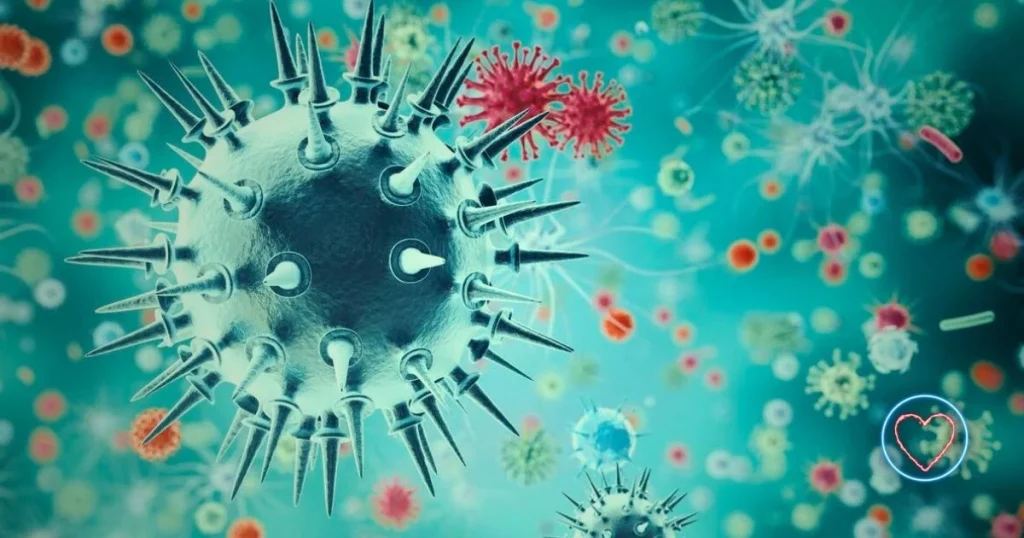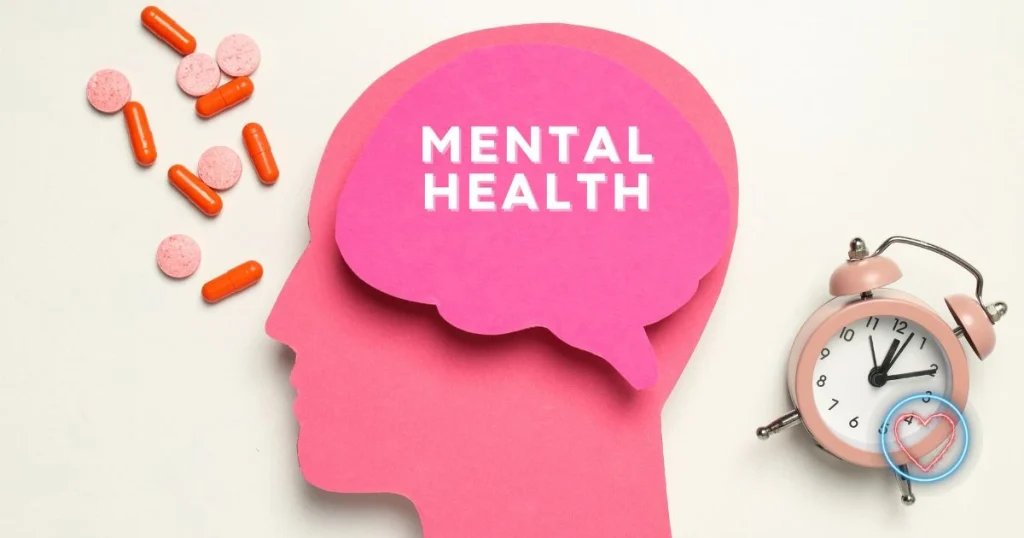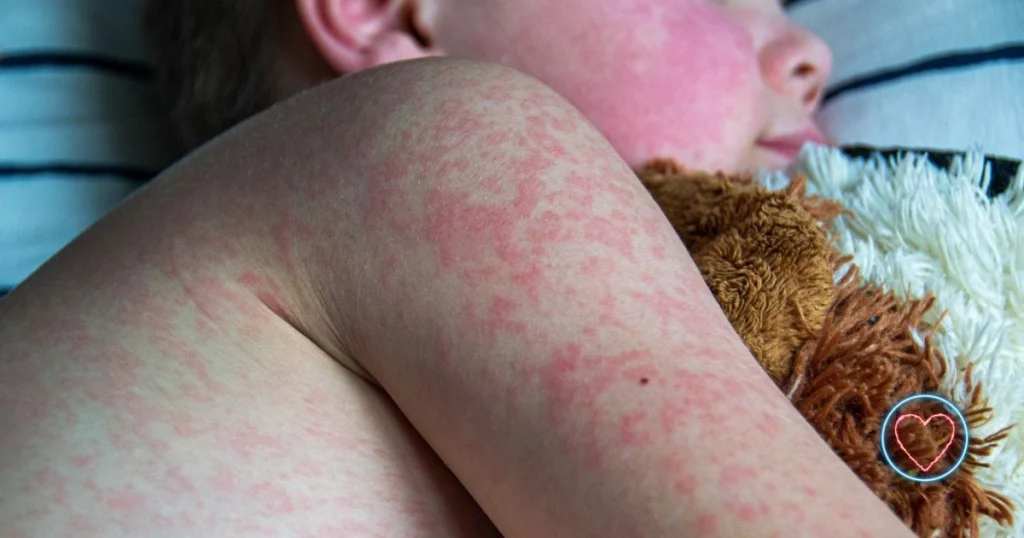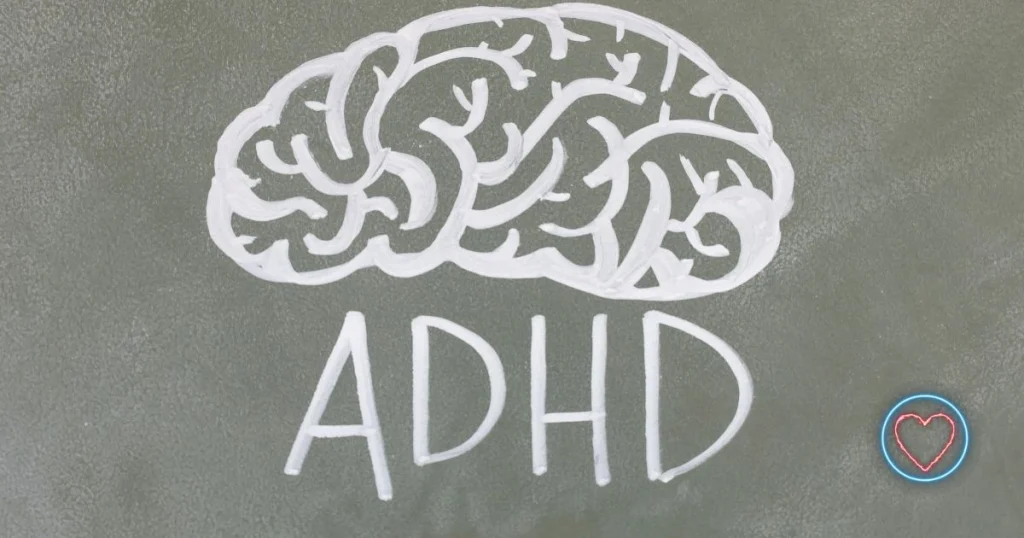Maternal health is more than a medical concern—it’s a fundamental measure of a society’s well-being. It encompasses the health of women during pregnancy, childbirth, and the postpartum period. Yet, in both developed and developing nations, maternal health remains a critical challenge marked by disparities, systemic gaps, and complex sociocultural factors.
From rising maternal mortality rates in the United States to life-threatening complications in low-income countries, maternal health sits at the intersection of gender, equity, healthcare access, and human rights. As we strive for a more just and compassionate world, safeguarding maternal health must be a universal priority.
Understanding Maternal Health
Maternal health refers to the health of women during pregnancy, childbirth, and the postpartum period. It includes access to:
- Prenatal and antenatal care
- Skilled birth attendants
- Emergency obstetric care
- Postnatal checkups
- Mental health services
- Nutritional support
The World Health Organization (WHO) considers maternal health a critical component of public health, linked directly to Sustainable Development Goal 3: ensuring healthy lives and promoting well-being for all.
Global Snapshot: Maternal Mortality and Morbidity
Globally, maternal mortality has decreased over the past two decades, yet progress is uneven. According to WHO:
- Approximately 287,000 women died from pregnancy-related causes in 2020.
- 94% of these deaths occurred in low- and middle-income countries.
- Leading causes include hemorrhage, hypertensive disorders, infections, and unsafe abortions.
While improvements in healthcare infrastructure have helped reduce deaths in many parts of the world, conflict zones and impoverished regions still see women dying from preventable causes.
The Paradox of Maternal Health in the U.S.
Despite being a high-income country with advanced medical systems, the United States has one of the highest maternal mortality rates among developed nations.
According to the CDC:
- The U.S. maternal mortality rate was 32.9 deaths per 100,000 live births in 2021—a sharp rise from previous years.
- Black women are three times more likely to die from pregnancy-related causes than white women.
- The top causes of death include cardiovascular issues, infections, hemorrhage, and mental health conditions.
This paradox has sparked national attention and criticism, with experts pointing to systemic racism, inequitable access to care, fragmented healthcare systems, and underinvestment in maternal services.
Key Challenges in Maternal Health
1. Health Disparities and Systemic Inequities
Socioeconomic status, race, education, and geography significantly influence maternal health outcomes. In many cases, poor women, women of color, and those in rural areas face greater barriers to quality care.
2. Access to Skilled Birth Attendants
In many parts of the world, especially in Sub-Saharan Africa and South Asia, women give birth without trained professionals. Lack of midwives, doctors, and obstetric services can turn routine deliveries into life-threatening emergencies.
3. Unsafe Abortions
Globally, almost 45% of abortions are unsafe, leading to significant maternal morbidity and mortality. Restrictive laws, stigma, and lack of reproductive education contribute to this crisis.
4. Mental Health and Postpartum Depression
Maternal mental health is often overlooked. Up to 1 in 7 women experience postpartum depression, with many cases going undiagnosed or untreated due to stigma, lack of screening, and insufficient mental health resources.
5. Climate Change and Humanitarian Crises
Natural disasters, conflicts, and displacement increase risks to maternal health. Pregnant women in refugee camps or disaster zones often face severe healthcare shortages and poor sanitation.
Innovations and Solutions: Charting a Path Forward
1. Midwifery and Community-Based Care
Empowering midwives and community health workers can significantly improve outcomes. Countries like Sweden and New Zealand, with low maternal mortality, have robust midwifery systems integrated into primary care.
2. Telehealth and Digital Interventions
Telemedicine has revolutionized access to maternal care, especially during the COVID-19 pandemic. Virtual consultations, remote monitoring, and mobile health apps can bridge gaps, particularly in underserved areas.
3. Doula Support
In the U.S., the resurgence of doula care—trained, non-medical birth companions—has been linked to better birth experiences and lower C-section rates. Doulas also offer emotional support and advocacy, especially for women of color.
4. Maternal Mortality Review Committees
Many U.S. states now have Maternal Mortality Review Committees (MMRCs) that analyze deaths and recommend policy changes. These reviews are essential for understanding systemic failures and promoting accountability.
5. Expanded Medicaid Coverage
The American Rescue Plan allowed states to extend postpartum Medicaid coverage from 60 days to 12 months. This change helps address postpartum complications, which account for many maternal deaths.
Maternal Health in the Age of Reproductive Politics
The overturning of Roe v. Wade in 2022 dramatically altered the landscape of reproductive health in the U.S. Many states have enacted abortion bans or severe restrictions, increasing the burden on pregnant women and providers.
These policies disproportionately impact low-income women and women of color, leading to increased rates of unsafe procedures, delayed care, and mental health crises.
Experts warn that the rollback of reproductive rights could reverse decades of progress in maternal health and widen existing disparities.
Spotlight: Black Maternal Health
In the U.S., the maternal mortality crisis is most severe among Black women. Root causes include:
- Implicit bias in healthcare settings
- Underdiagnosis of complications like preeclampsia
- Poor access to prenatal and postpartum care
- Historical mistrust in the medical system
Campaigns like Black Maternal Health Week and legislative efforts such as the Momnibus Act aim to address these disparities through funding, education, and accountability.
Community-led organizations like The Black Mamas Matter Alliance and Sista Midwife Productions are also leading the charge in promoting culturally competent care and maternal justice.
Cultural and Societal Influences
Maternal health is shaped not just by medical care but also by culture, beliefs, and social structures. In many parts of the world:
- Women face pressure to marry and bear children early.
- Reproductive autonomy is limited.
- Gender-based violence increases risks during pregnancy.
- Social norms discourage discussion of mental health.
Addressing maternal health requires not just clinical solutions but cultural sensitivity and empowerment. This includes engaging male partners, elders, and traditional birth attendants in education efforts.
Nutrition and Lifestyle in Maternal Health
Maternal nutrition is vital for both mother and child. Deficiencies in iron, folic acid, and calcium can lead to complications like:
- Anemia
- Low birth weight
- Preterm birth
- Birth defects
In high-income countries, rising obesity and gestational diabetes are growing concerns. A balanced diet, regular exercise, and prenatal supplements are key to healthy outcomes.
Lifestyle interventions should also include smoking cessation, alcohol abstinence, and stress management, all of which can impact fetal development.
Technology and the Future of Maternal Care
Emerging technologies are transforming maternal healthcare:
- AI in ultrasound and fetal monitoring for earlier detection of anomalies
- Wearable devices to monitor vital signs in real time
- Predictive analytics to assess risks and personalize care plans
- Blockchain in health records to ensure data security and continuity of care
These tools, combined with strong data governance and ethical oversight, can make care more efficient, equitable, and responsive.
The Role of International Organizations
Organizations like the WHO, UNICEF, and UNFPA play critical roles in global maternal health. Their efforts include:
- Training birth attendants
- Providing emergency obstetric kits
- Advocating for gender equality and reproductive rights
- Collecting data to inform policy
Collaborative efforts with governments, NGOs, and local communities are essential to scale interventions and drive systemic change.
Conclusion: A Collective Responsibility
Maternal health is not just a women’s issue—it is a societal one. When mothers thrive, families, communities, and nations thrive. Yet too many women face pregnancy and childbirth with fear instead of support, with risk instead of safety.
Solving the maternal health crisis requires a multi-layered approach: investing in healthcare infrastructure, dismantling systemic racism, expanding access to reproductive care, and centering women’s voices in policymaking.
Every woman deserves respectful, dignified, and lifesaving care—before, during, and after childbirth. That is not just a medical imperative, but a moral one.




